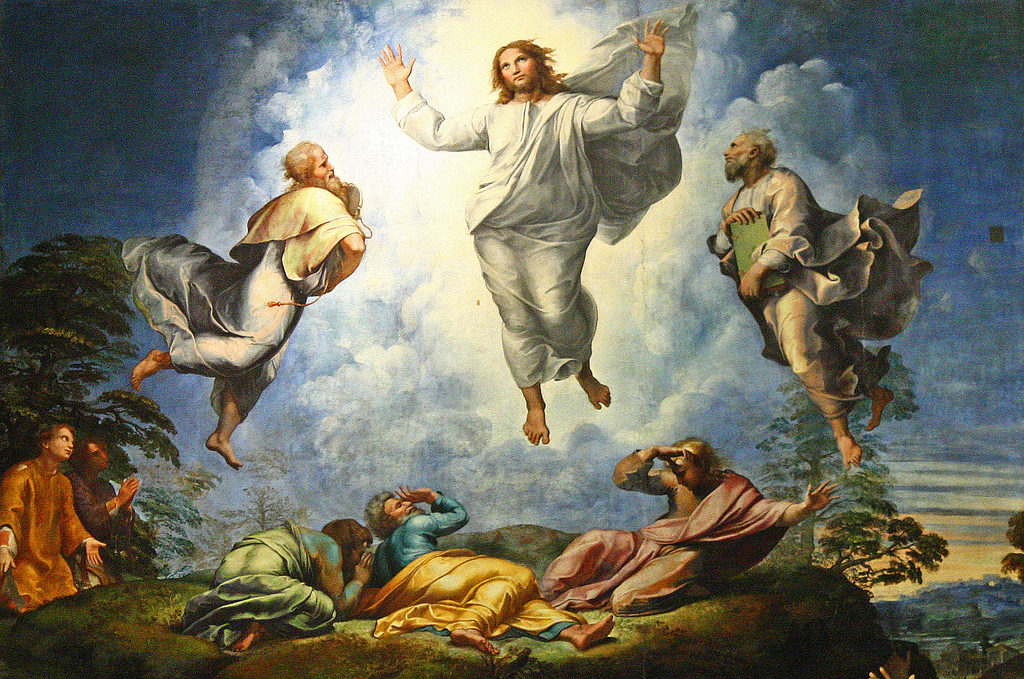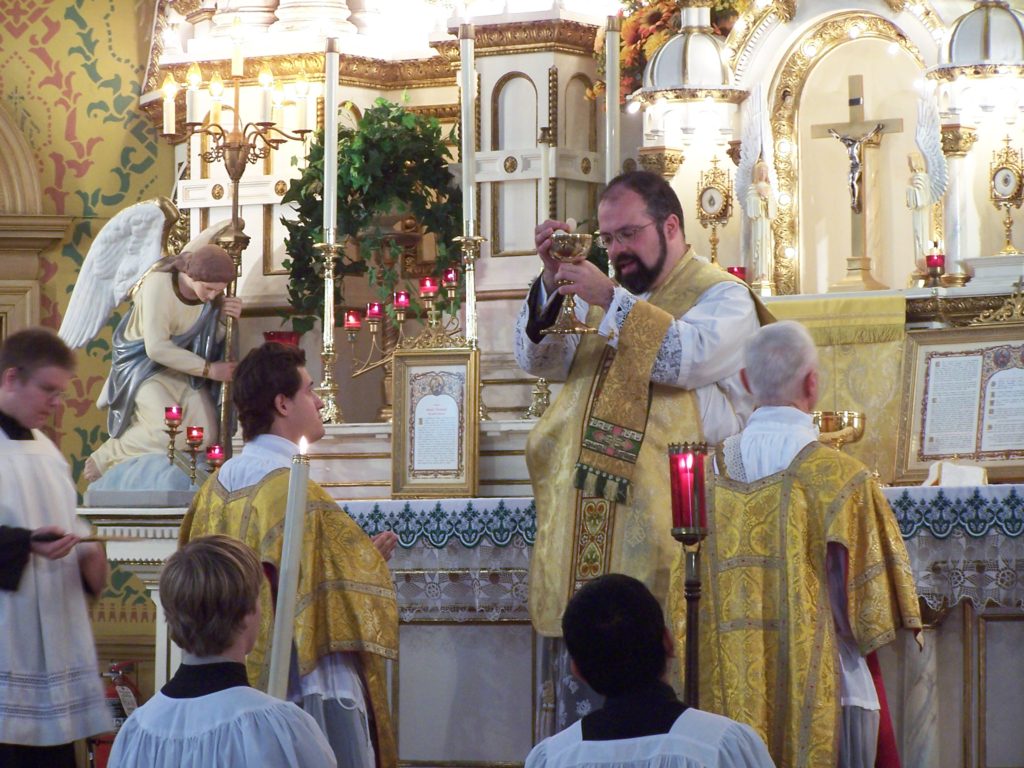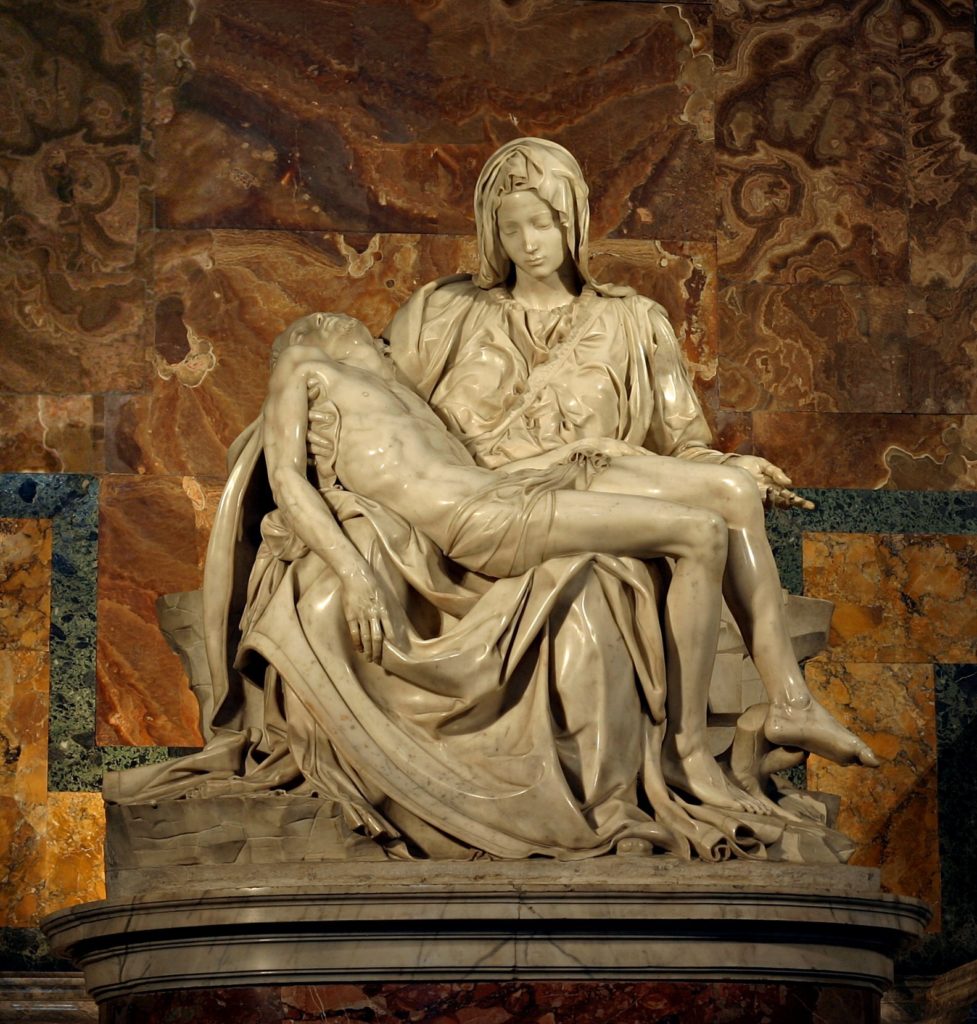Conquering Envy Through the Rosary
Let’s talk about sin, specifically, the seven deadly sins (also known as cardinal or capital sins). Theologians in the early Church devised a list of sins that form the foundation for other sins. Think of it like the taxonomy, or classification, of sinful behavior. By reducing sin to a small list, teaching about sin and […]
Conquering Envy Through the Rosary Read More »








